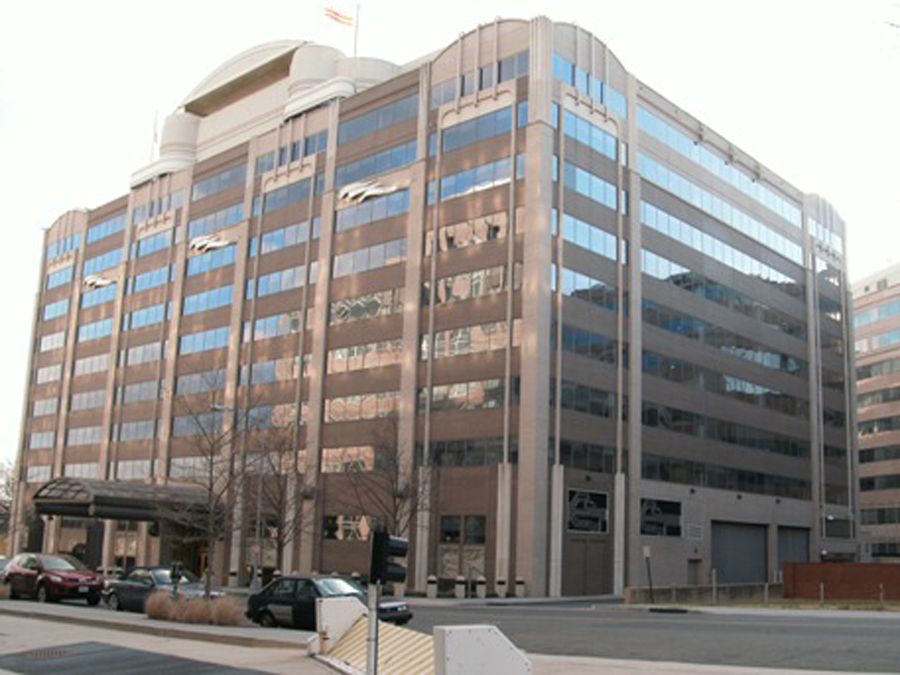Benton: FCC Has Failed to Close Digital Divide
Offers news stories over past several months as evidence

The smarter way to stay on top of the multichannel video marketplace. Sign up below.
You are now subscribed
Your newsletter sign-up was successful
The FCC has asked for comment on how effective it has been at closing the digital divide. The FCC has consistently concluded in its annual report on broadband availability that the divide is closing, though conceding there is still work to do.
The Benton Institute for Broadband and Society suggests there is still a lot of work to be done. Citing "pages and pages" of news stories since the start of the pandemic as evidence that too many remain without broadband service, Benton executive editor Kevin Taglang made the following statement to accompany a link to all those stories which included from Multichannel News).
Related: FCC Says Digital Divide Continues to Close
"As borne out in press reports since mid-March 2020, the Commission’s efforts to close the digital divide have been unsuccessful," said Taglang. "As the ongoing COVID-19 pandemic has pushed more Americans to work, study, see their doctors, and stay connected to friends and loved ones through broadband connections, it serves to underscore the importance of closing the divide and ensuring that people throughout the country have access to digital opportunity.
"As these stories from around the country demonstrate, the FCC must find that continuing shortcomings in broadband deployment and affordability cause grievous harm to individuals as well as to the nation as a whole and that broadband is being not deployed to all Americans in a reasonable and timely fashion," he said.
Back in April, the FCC said the digital divide is continuing to close and advanced telecommunications continues to be deployed to all Americans on a reasonable and timely basis.
That was according to the FCC's latest Sec. 706 report*, the annual Broadband Deployment Report report issued Friday (April 24). The commission vote to issue the report was 3-2, with the Democrats dissenting.
The smarter way to stay on top of the multichannel video marketplace. Sign up below.
Traditionally, Democrats on the commission have argued that the report should not conclude that broadband is being deployed to all Americans in a reasonable and timely manner until all Americans have access. If the FCC concludes it is not reasonable and timely, it is empowered to regulate to make it so.
Under Pai, the conclusion has been that while not mission accomplished, the deployment has been reasonable and timely.
One caveat to the numbers is that both the FCC and Congress agree that the FCC needs to collect better data on deployment, which the commission is in the process of doing.
* Sec. 706b of the Telecommunications Act to annually “initiate a notice of inquiry concerning the availability of advanced telecommunications capability to all Americans (including, in particular, elementary and secondary schools and classrooms)" to determine “whether advanced telecommunications capability is being deployed to all Americans in a reasonable and timely fashion.” If it is not, the FCC “shall take immediate action to accelerate deployment of such capability by removing barriers to infrastructure investment and by promoting competition in the telecommunications market.”
Contributing editor John Eggerton has been an editor and/or writer on media regulation, legislation and policy for over four decades, including covering the FCC, FTC, Congress, the major media trade associations, and the federal courts. In addition to Multichannel News and Broadcasting + Cable, his work has appeared in Radio World, TV Technology, TV Fax, This Week in Consumer Electronics, Variety and the Encyclopedia Britannica.

